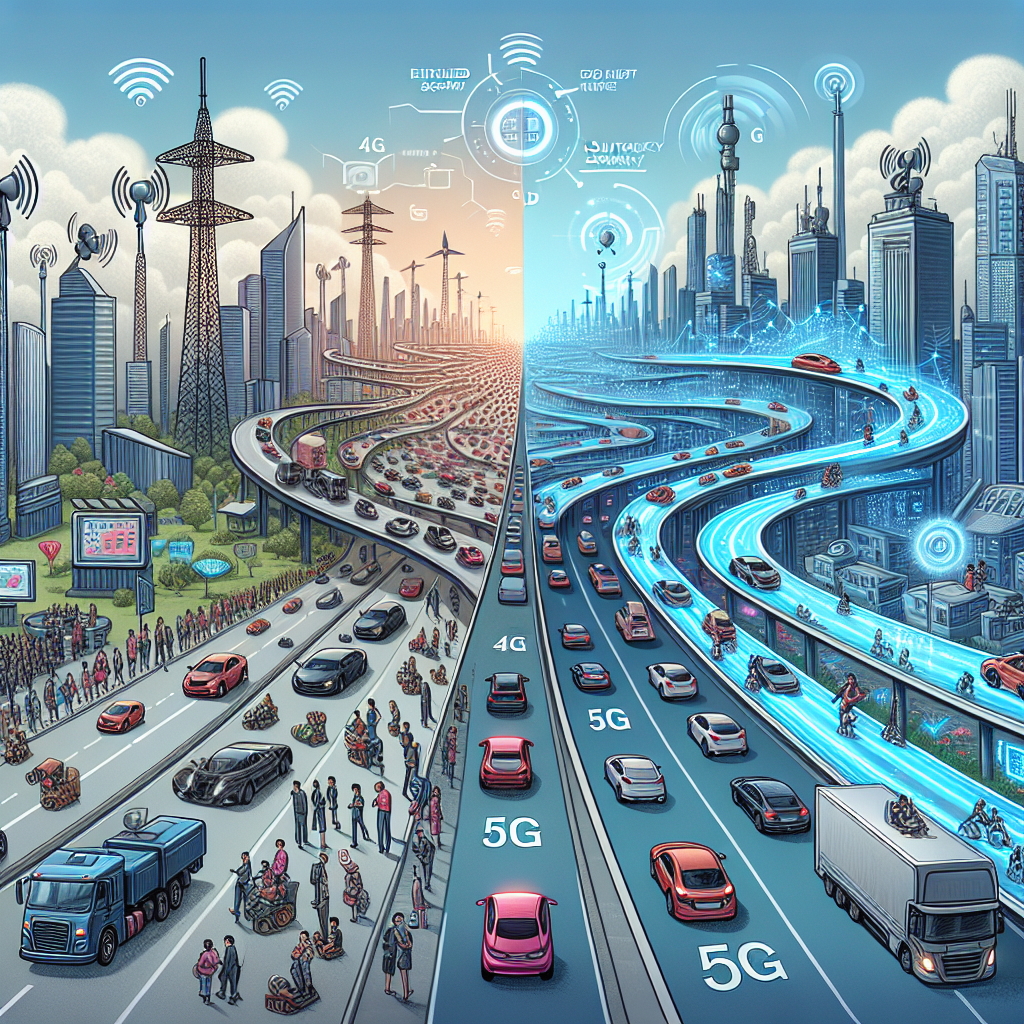The Future of Quantum Computing: What to Expect and How It Works
Welcome to the mysterious and exhilarating world of quantum computing! A paradigm shift from classical computing, quantum computing is about to take us to an era where unimaginable computing power is just around the corner. So, what exactly is quantum computing? How does it work, and what can we expect from it in the near future? Let’s dive right in!
Quantum Computing 101: The Basics
First off, let’s deconstruct what quantum computing is. Unlike classical computers that use bits as the smallest unit of data, quantum computers use quantum bits, or qubits. A qubit is special because it can exist in multiple states at once thanks to the principles of superposition and entanglement.
Imagine you’re a wizard (yes, you read that right) who can be in multiple places at once. This is much like what qubits do, enabling quantum computers to solve complex problems exponentially faster than classical computers.
Where Are We Now?
Currently, we’re in the noisy intermediate-scale quantum (NISQ) era. This means that while we do have quantum computers, they’re relatively small and noisy. But don’t let the term “noisy” discourage you; it’s just another way of saying we’re like chefs still perfecting their recipes.
Quantum algorithms like Shor’s algorithm (for factoring large numbers) and Grover’s algorithm (for searching unsorted databases) have already showcased what quantum computers can achieve, even at this early stage.
Expect the Unexpected: What’s Coming Next?
- Quantum Supremacy: This is the holy grail for quantum computing, where quantum computers outperform classical computers in every practical problem. Researchers are already on the verge of achieving this milestone.
- Quantum Machine Learning: Pairing quantum computing with machine learning could expedite advancements in AI, taking artificial intelligence to uncharted territories.
- Unbreakable Encryption: Quantum cryptography promises ultra-secure communications, essentially making data breaches a thing of the past.
- Advanced Material Science: From super-efficient solar cells to unraveling the complexities of protein folding in biology, the applications are limitless.
Challenges Ahead
While the future is undoubtedly bright, it isn’t without challenges. Quantum computers are highly sensitive to external disturbances, making error rates a significant issue. Additionally, creating stable qubits that maintain coherence for extended periods is no small feat. But as the old saying goes, “Rome wasn’t built in a day.”
Why Quantum Computing Matters
The biggest allure of quantum computing lies in its potential to solve real-world problems more efficiently. From speeding up complex calculations in physics to revolutionizing cryptographic communications, the possibilities are endless. And let’s face it, who wouldn’t want computing power that gives Iron Man’s Jarvis a run for its money?
Get Connected with Tech Enthusiasts!
If you’re eager to stay updated with the latest advancements in quantum computing and other tech innovations, exploring Popular Tech Telegram Channels can be incredibly beneficial. You’ll find a community of like-minded individuals who are as enthusiastic about technology as you are. Never miss out on groundbreaking news and discoveries!
Conclusion: The Quantum Leap Forward
As we stand on the threshold of this quantum era, the potential is both thrilling and awe-inspiring. Though there are hurdles to overcome, the path forward is clear – quantum computing is gearing up to be a game-changer in every conceivable way. So buckle up and get ready for the quantum leap forward!
Don’t forget to check out the Best Tech Telegram Channels for the most up-to-date insights and discussions on quantum computing and beyond.
Until next time, keep your qubits cool and your algorithms strong!


